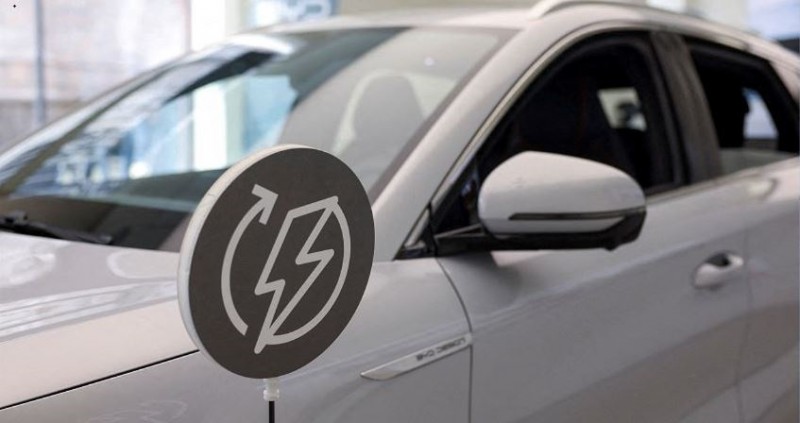
The European Union announced on Wednesday that it will implement additional tariffs of up to 38% on electric vehicles (EVs) manufactured in China. This move aims to level the playing field for European automakers. These new tariffs will be added to the existing 10% duties already in place.
Impact on the Market and Consumers
The anticipated tariffs have sparked a debate. Some European automakers fear this could trigger a trade war, while others argue it won't significantly hinder China's dominance in the EV market. Industry experts predict that the increased costs may hurt European consumers more than Chinese manufacturers by making affordable electric cars more expensive.
Investigation into Subsidies
An EU investigation found that Chinese EVs benefit from government subsidies, allowing manufacturers to significantly lower production costs. This creates an unfair competitive advantage over European producers. For example, BYD's Dolphin model sells for about €32,400 ($34,900) in Europe, compared to nearly €40,000 for a Tesla Model Y and €37,000 for a Volkswagen ID.4.
Potential Shift in Manufacturing
The new tariffs may push Chinese automakers to relocate assembly operations to European countries like Hungary or Spain, where labor and part costs are higher. This shift could further increase prices for consumers.
Concerns from European Automakers
Many European car manufacturers rely heavily on China, the world’s largest auto market, for both exports and domestic production. BMW CEO Oliver Zipse criticized the tariffs, saying they harm European businesses and interests. German automakers like BMW, Mercedes-Benz, and Volkswagen, with significant operations in China, worry about potential retaliation from Beijing.
US Influence on EU Decisions
The EU's decision follows the Biden administration's recent announcement of 100% tariffs on Chinese EVs to protect the US auto industry. Analysts had feared lower tariffs wouldn't be enough to curb Chinese imports, but the high tariffs are expected to effectively block Chinese EVs from the US market.
Climate Policy Debate
The new tariffs have sparked a debate among economists and climate activists. Critics argue that making EVs more expensive hinders efforts to combat global warming by slowing the transition from fossil fuels. They suggest that affordable EVs are crucial for meeting climate goals.
Historical Context and Future Outlook
The EU aims to avoid repeating past mistakes, such as those during the late 2000s solar energy boom, when China’s investments led to a global market share that crippled European companies. Despite these new tariffs, demand for Chinese EVs in Europe has already been declining as Germany and France reduce subsidies for electric cars.
Future Plans of Chinese Automakers
While some Chinese companies, like Great Wall Motors, are scaling back in Europe, others like BYD remain committed. BYD is building a factory in Hungary and considering additional facilities, signaling continued investment in the European market.
New generation BMW 5 Series will be launched on July 24, know what will be special
Mahindra BE.05 EV spotted during testing on the roads, know how is its road presence?